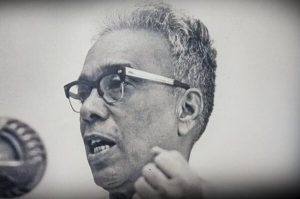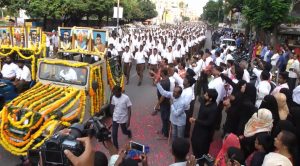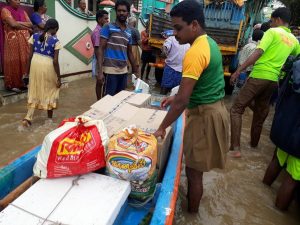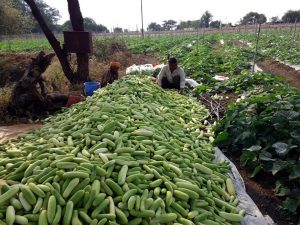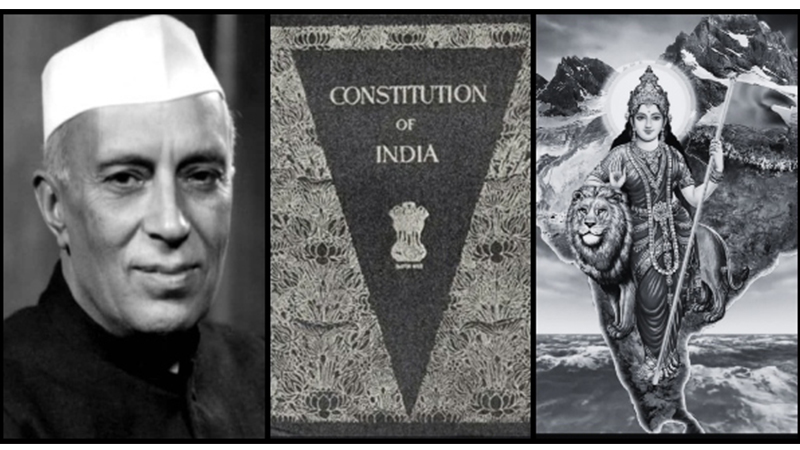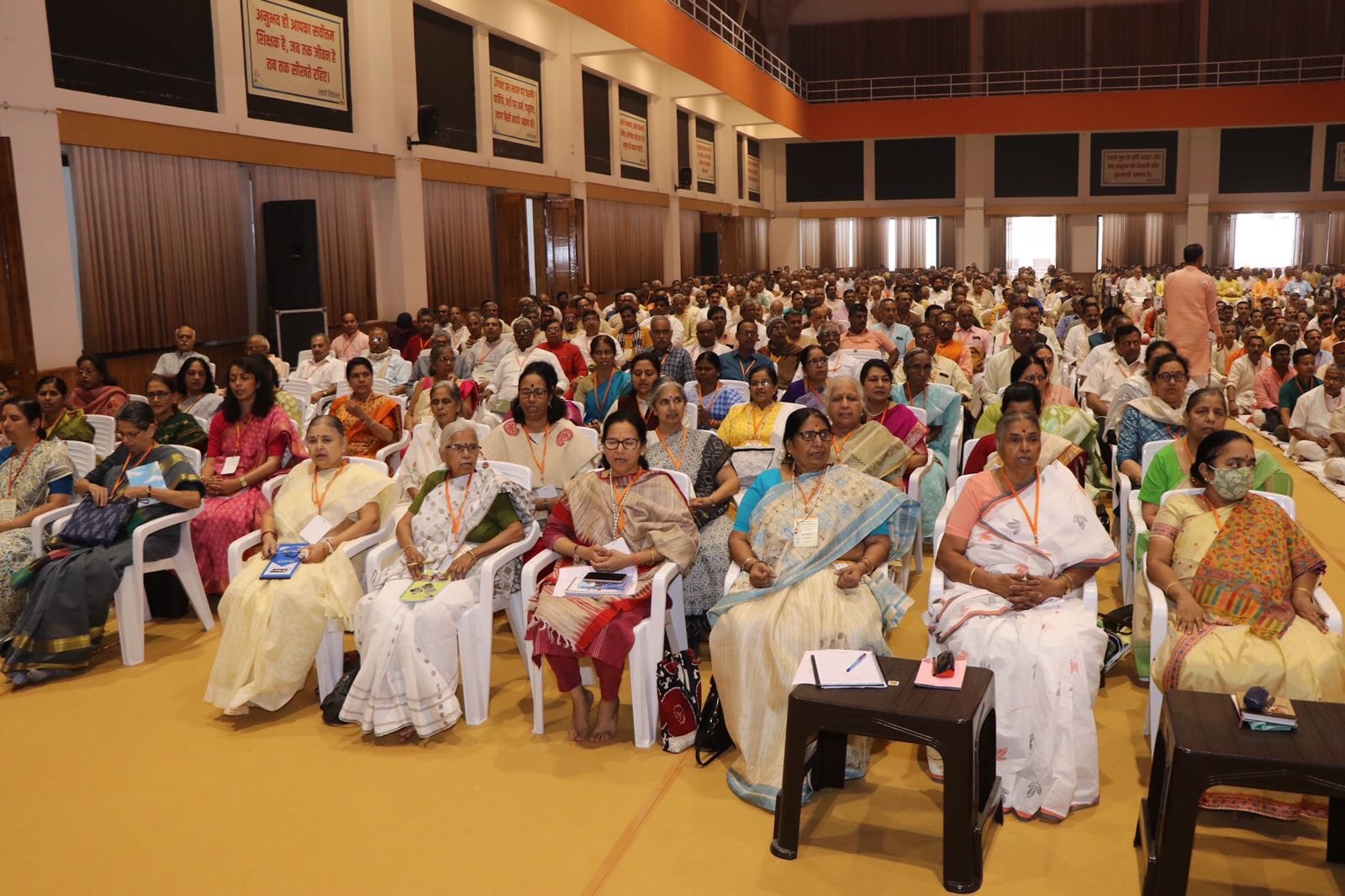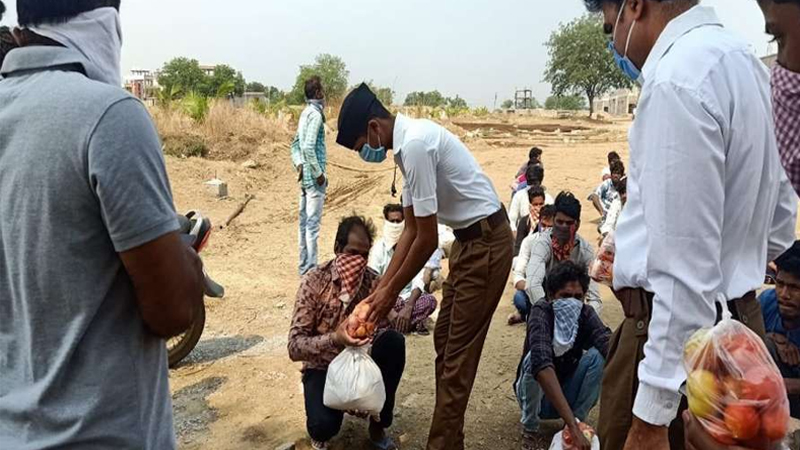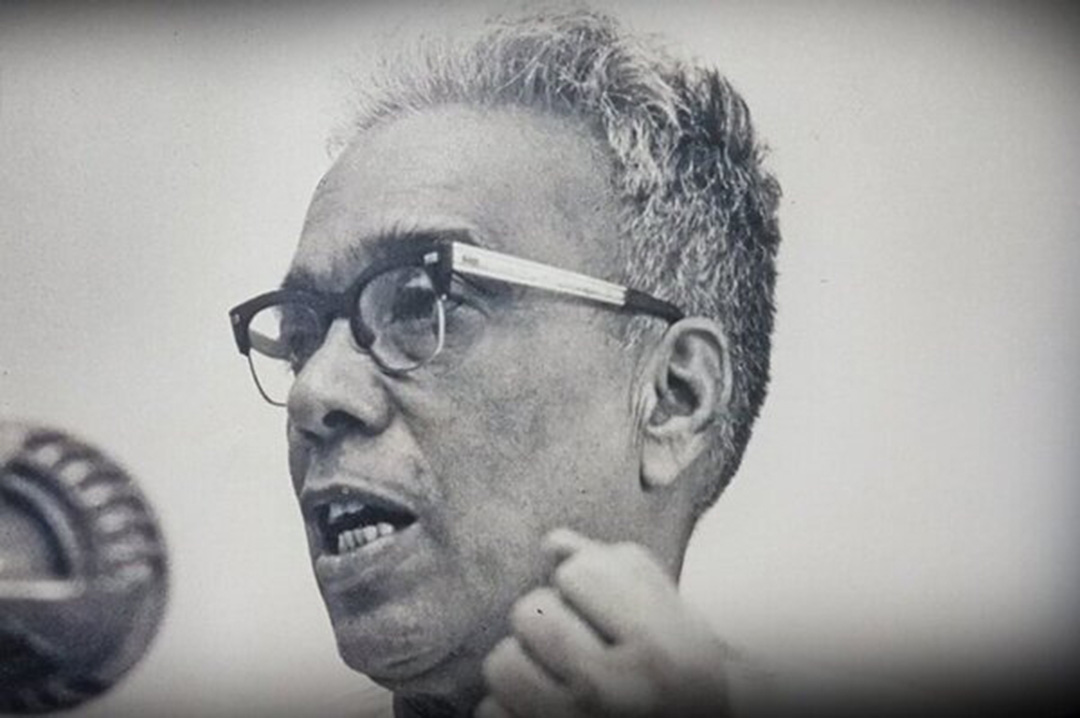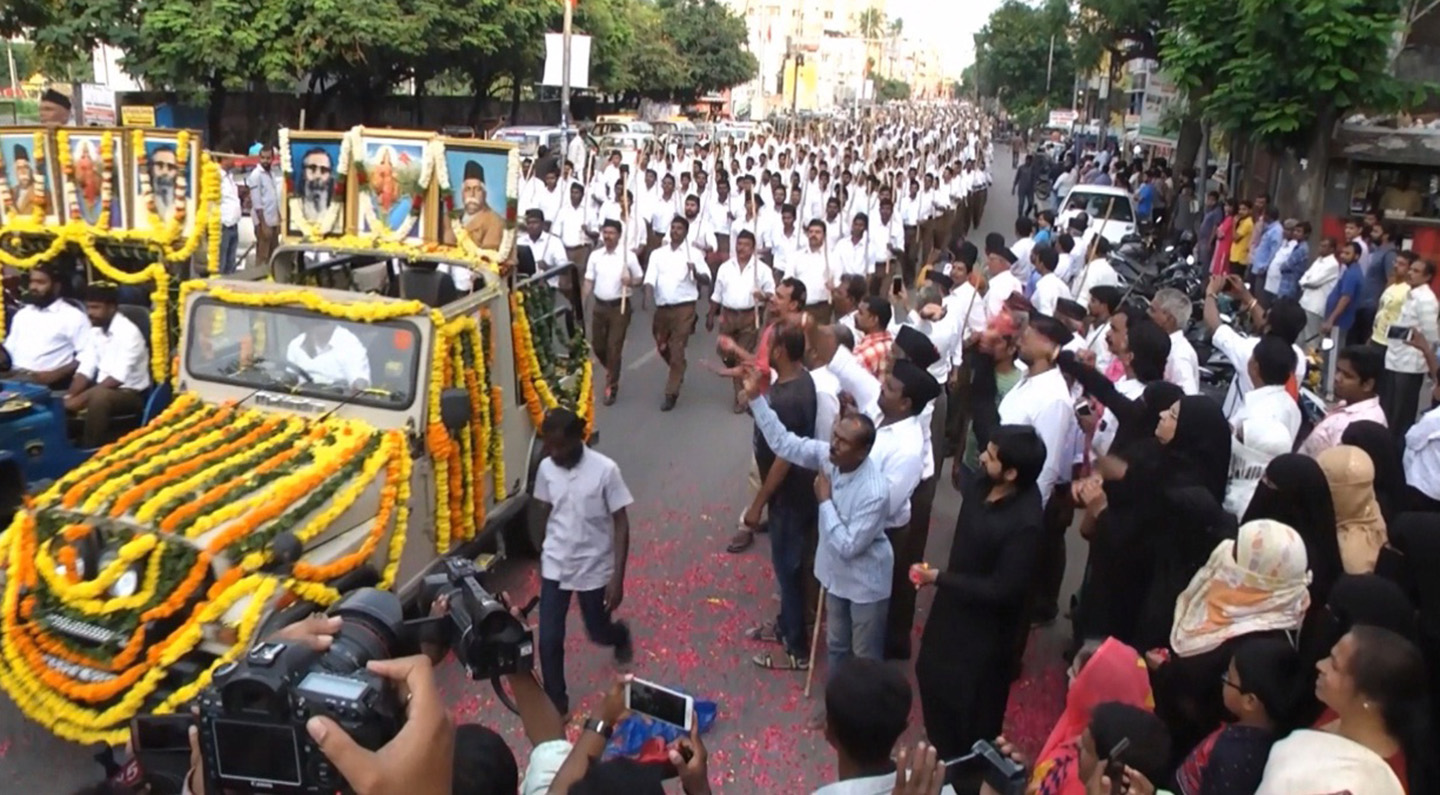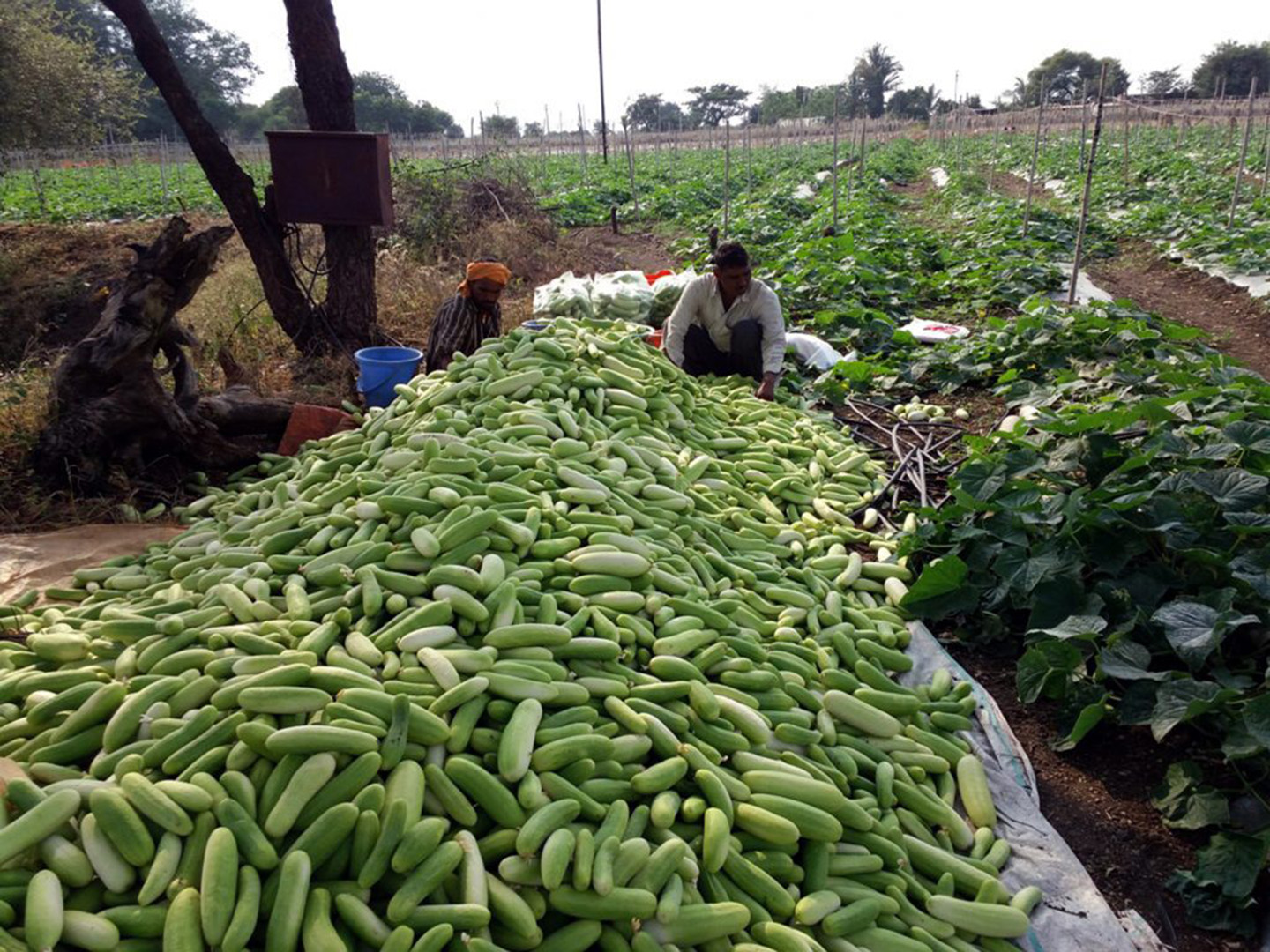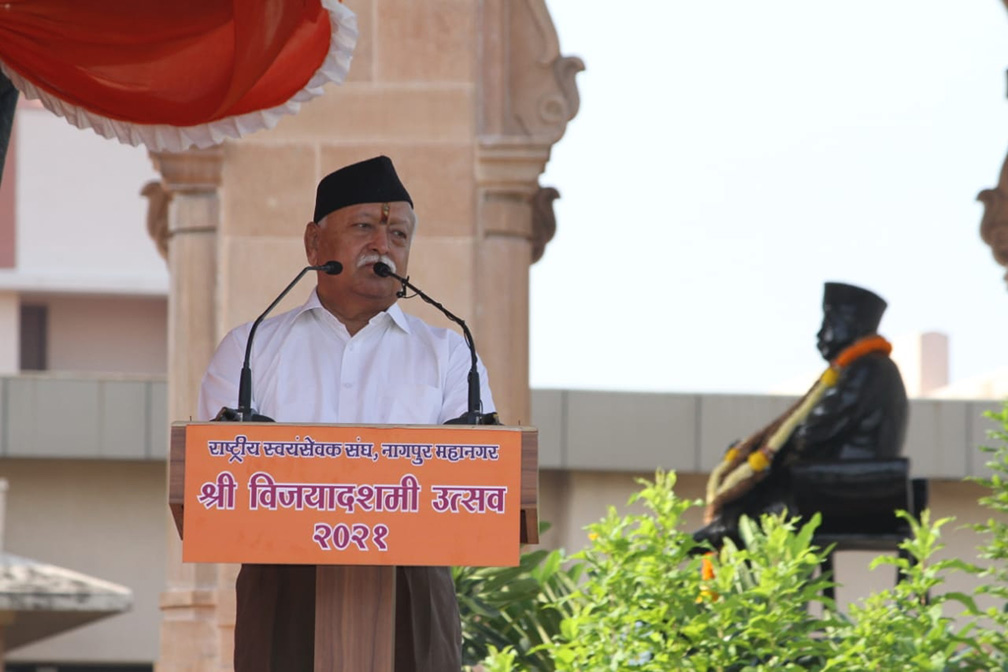RSS top decision-making body ABPS
Updated: March 17, 2023 5:10
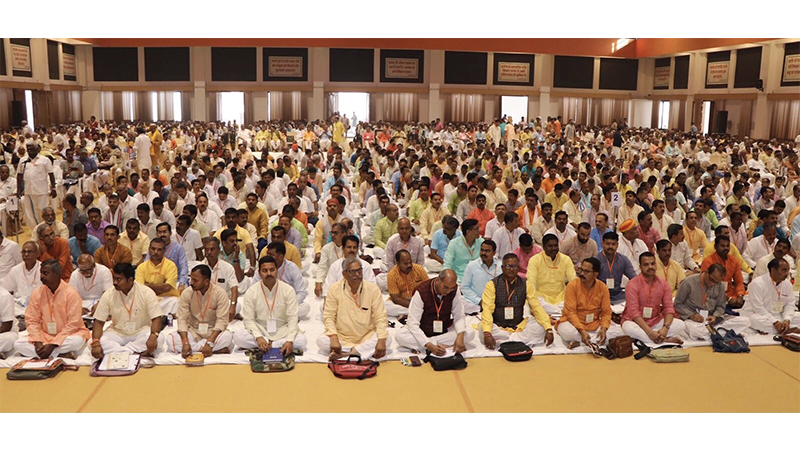
Que: How the top decision-making body of the RSS works? What is its composition?
Ans: The top decision-making body of the Rashtriya Swayamsevak Sangh (RSS) is known as the Akhil Bharatiya Pratinidhi Sabha (ABPS). It can be broadly translated as All India Representative Council. At present it has more than 1400 delegates. It meets once a year, generally in the month of March, for around three days.
The ABPS came into existence after the RSS prepared its Constitution in the aftermath of the ban on the organisation in 1948(Later it was proved by the Courts also that the RSS was falsely implicated and wrongly banned). In March 1950, the body held its first meeting. One of the key tasks entrusted to the ABPS is to elect the Sarkaryavah (General Secretary) of the RSS. In its first meeting, the ABPS delegates elected Bhaiyyaji Dani to the post. Sarkaryavah is the executive head of the RSS who looks after the day-to-day functioning of the organisation. He is elected every three years. On the other hand, Sarsanghchalak is more like a mentor or guide. He is nominated and not elected.
The format of the ABPS meeting has been clear since its inception. The participants discuss issues of national importance and pass resolutions on them. The most important activity that comprised a significant part of the meeting is the presentations made by delegates from around three dozen organisations. These organisations are inspired by the RSS and run by its Swayamsevaks in a wide variety of fields. To name a few of them: Sewa Bharati, Akhil Bharatiya Vanvasi Kalyan Ashram, Vidya Bharati, Bharatiya Shikshan Mandal, Vishva Hindu Parishad, Bharatiya Mazdoor Sangh, Akhil Bharatiya Vidyarthi Parishad etc. The representatives of these organisations are given around five to 10 minutes each to present any new learning or innovative idea they have implemented over the past year at the organisational level. The idea is to share good practices that can be replicated by others.
RSS’ full-time workers, known as Pracharaks, who are working at the district or above level, are also part of ABPS. Thus, ABPS has representation from all over the country as well as from organisations run by its volunteers. As the RSS footprint expanded in the country, the membership of ABPS has also swelled.
The ABPS meeting generally lasts for three days and is attended by the RSS top brass, including the Sarsanghchalak and Sarkaryavah, who preside over it. Several sessions are held during the day where issues are discussed and presentations about RSS activities on the ground are put forward. The meeting reviews organisational activities over the last year, identifies gaps and challenges and does forward planning. The Sarkaryavah also presents a report on the status of the RSS in the meeting, the challenges faced by the nation and the way forward. Based on this report and other discussions, the ABPS passes resolutions on issues that are important and relevant for Indian society.
The RSS has passed several resolutions on every aspect of national life, such as economic issues, population policy, women empowerment, wars, calamities and natural disasters, national security, India’s foreign policy, social equality, protection of democracy, cow protection, Ram Temple, the status of Hindus as minorities in other countries, etc.
The draft resolutions are finalised by a select group of senior RSS functionaries, several days prior to the ABPS meeting. The subjects are chosen carefully so that the ground realities are taken into account. Most importantly, unlike many other organisations whose resolutions remain on paper only, the RSS follows up most of its resolutions with action on the ground. For example, the RSS had passed a resolution on the Covid pandemic in India. The resolution was both preceded and then followed by massive relief work by the RSS cadres on the ground and was appreciated not only in India, but globally. In May 2021, Twitter’s Chief Executive Officer, Jack Dorsey, donated $2.5 million to an RSS-inspired organisation ‘Sewa International’ for its relief work during Covid. Similarly, in March 2022, the ABPS passed a resolution of creating more work opportunities for Indians to make Bharat self-reliant. It was followed by a significant outreach programme where the RSS volunteers set up hundreds of job-oriented skill development centres across the country.
